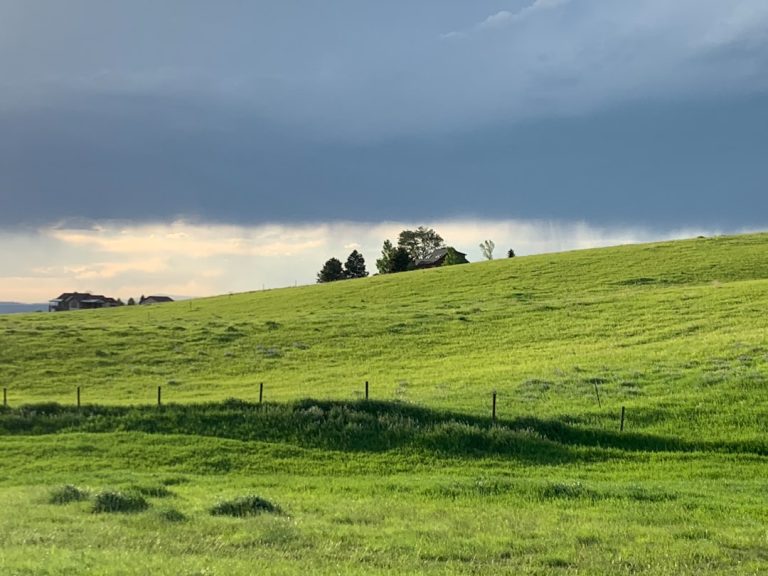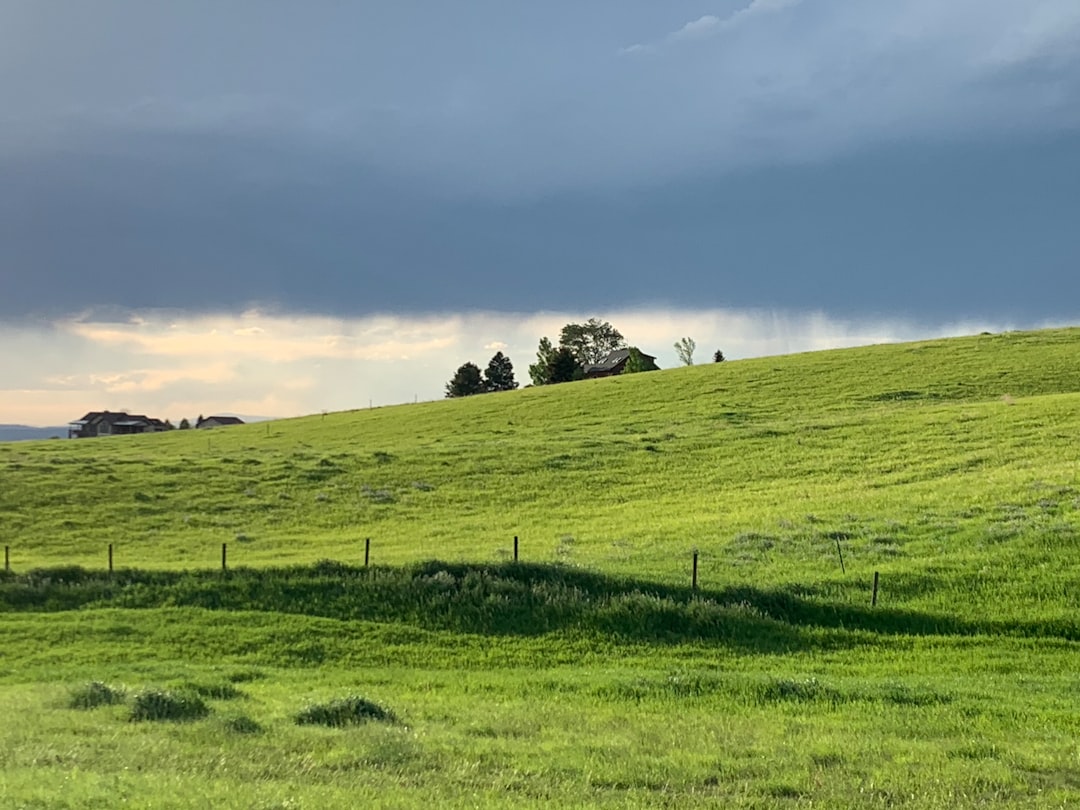In Montana, caller ID spoofing is illegal under the Telephone Consumer Protection Act (TCPA). To stop spam calls effectively, individuals can register with the National Do Not Call Registry, familiarize themselves with local laws like the TCPA, and consult specialized law firms handling TCPA cases. These firms guide clients on legal actions to combat spoofing and harassing spam calls, ensuring accountability for offenders while offering protection under Montana's robust spam call laws.
“Uncovering the insidious practice of Caller ID spoofing and empowering yourself against relentless spam calls is essential in today’s digital age. This comprehensive guide navigates the intricate world of phone scams, revealing how spammers exploit systems and manipulate your identity. We’ll demystify spoofed caller IDs, equip you with detection tools, and provide practical steps to fortify your defenses.
Additionally, we explore legal avenues available under Montana’s Telephone Consumer Protection Act (TCPA), offering guidance on seeking justice through qualified law firms specializing in spam call cases.”
What is Caller ID Spoofing?

Caller ID spoofing is a deceptive practice where a caller intentionally misrepresents their identity by altering or masking their phone number as displayed on the recipient’s Caller ID. This technique allows scammers and telemarketers to appear as legitimate individuals or businesses, tricking recipients into answering their calls. In Montana, as in many places, this practice is illegal, especially when it comes to spam calls, thanks to laws like the Telephone Consumer Protection Act (TCPA).
Spam call law firms and lawyers in Montana play a crucial role in holding these offenders accountable. If you’ve been a victim of caller ID spoofing, particularly if it’s led to unwanted or harassing spam calls, consulting a TCPA attorney could be your first step towards justice. They can guide you on how to stop spam calls effectively, using legal avenues to protect yourself from such deceptive practices in the future.
– Definition and common methods used

Caller ID spoofing is a deceptive practice where scammers manipulate phone numbers displayed on recipients’ screens to appear as legitimate sources. This technique allows them to hide their true identity and location, often using automated systems to make bulk calls, commonly known as spam calls. In Montana, as in many states, this practice is illegal under the Telemarketing Consumer Protection Act (TCPA). Scammers employ various methods to spoof Caller IDs, including using VoIP (Voice over Internet Protocol) services that allow them to route calls through different numbers at will. They may also use software to generate artificial numbers or even fake locations, making it challenging for recipients to identify and block these calls.
To combat spam calls in Montana, individuals can take several precautions. First, never return unsolicited calls, especially if the number appears unknown or suspicious. Instead, consider registering your phone number with the National Do Not Call Registry. Additionally, staying informed about local spam call laws and working with a reputable law firm specializing in TCPA cases can provide effective protection. Engaging lawyers experienced in these matters ensures that you have legal recourse against persistent spam callers, helping to curb this deceptive practice.
– How spammers manipulate phone systems

Spammers exploit phone systems by taking advantage of vulnerabilities in caller ID technology to display false information. They use sophisticated techniques to mask their actual locations, making it difficult for recipients to trace or block their calls. This manipulation often involves spoofing phone numbers, presenting them as legitimate sources, and sending bulk messages to capture attention or manipulate vulnerable individuals.
In Montana, spammers target residents with unwanted spam calls, frequently violating the Telephone Consumer Protection Act (TCPA). To stop these nuisance calls, it’s essential to understand that certain laws protect consumers from unsolicited telephone marketing calls. Individuals can take action by contacting a reputable law firm specializing in TCPA cases, where lawyers can guide them on blocking and reporting spam calls, ensuring they receive legal protection under Montana’s anti-spam call regulations.
How to IdentifySpoofed Calls

Identifying spoofed calls is a crucial step in protecting yourself from potential scams and unwanted interruptions. Spoofed calls often display fake or misleading numbers on your caller ID, aiming to trick you into answering. These calls can come from unknown sources or be manipulated by scammers using advanced technology. In Montana, where strict regulations regarding telemarketing practices are enforced, recognizing these spoofed numbers is an essential defense mechanism.
One way to identify suspicious calls is by paying attention to the caller ID information. If a call displays a number that seems out of place or doesn’t match the area code you recognize, it could be spoofed. Additionally, some phone services offer call blocking and identification features that can help flag potential spam or fraudulent calls. Consulting with a reputable Montana-based law firm specializing in TCPA (Telecommunications Consumer Protection Act) cases can also provide valuable insights on spotting and dealing with these deceptive practices. Engaging the services of experienced lawyers who understand the latest in anti-spam call technologies is a proactive step to stay protected under Montana’s robust spam call laws.






